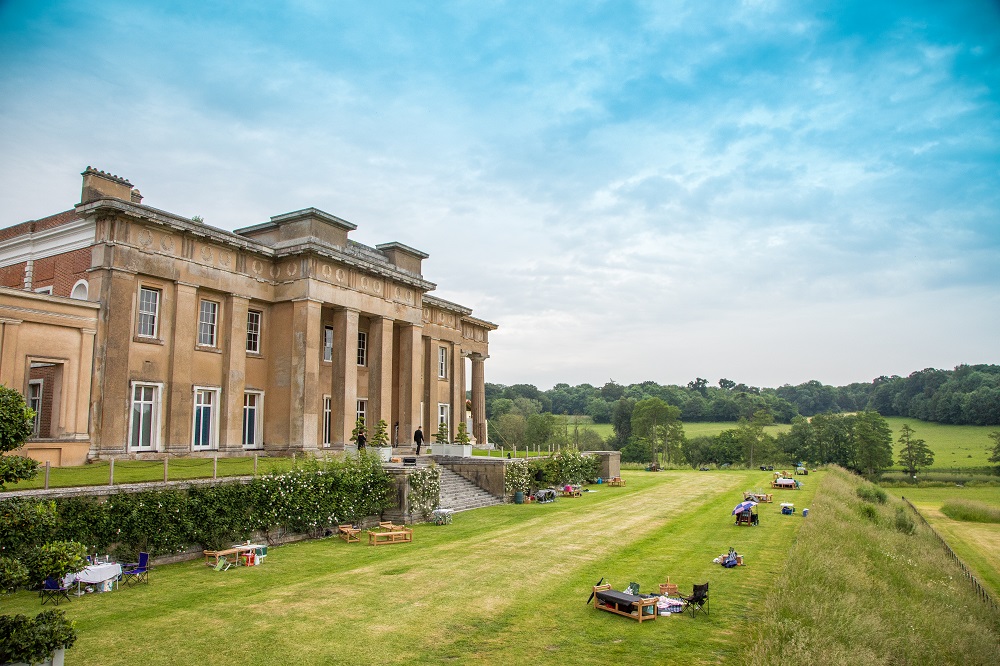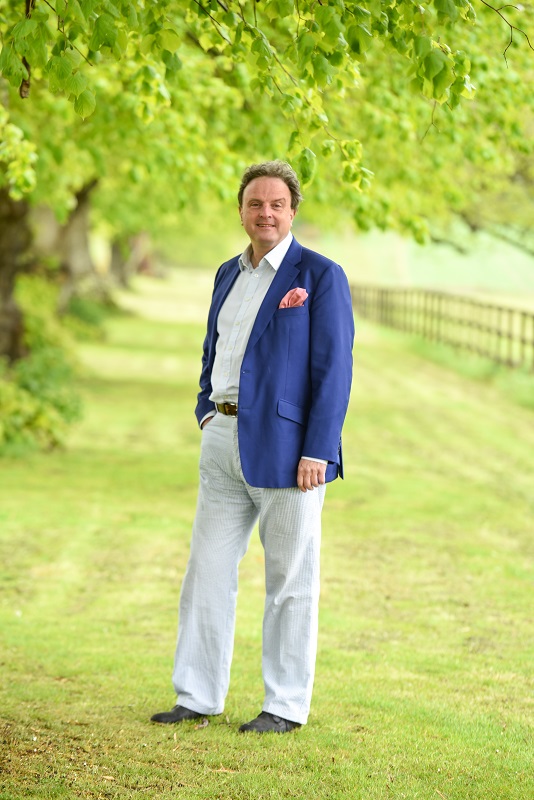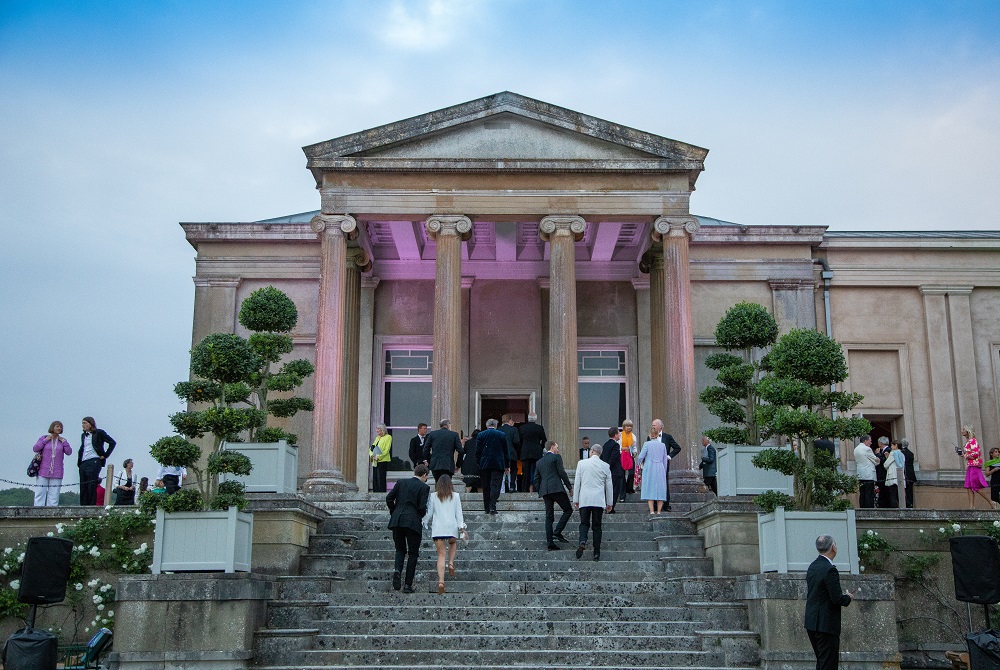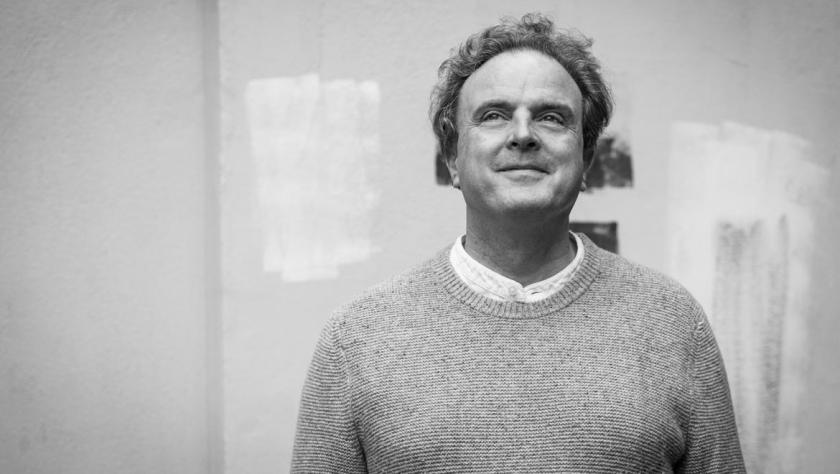Where to start? We at The Grange Festival began in mid-March (the 15th) with a letter to our company, all those few hundred who come and work for us during the festival months and who are all, almost without exception, employed on a freelance basis, warning of a likely cancellation but urging a commitment to stage the summer festival over June and July (with preparations stating in mid-April) if at all possible.
And then we heard the shocking advice from Number 10 that all those over the age of 70 should stay isolated at home for at least three months. That was the announcement that told me we had to cancel, decisively and in full. The prospect of roughly half our audience not being able to come to a performance was not conscionable. And soon afterwards, of course, the situation worsened completely.
So having decided to cancel, how? We have a responsibility to all those who have paid in advance for tickets and, quite apart from the permanent Grange Festival team, we also have a responsibility to all those who were going to work for us. On 18 March, I managed to alert our Company about seven hours before informing our full audience database. Many performers and others had pleaded to learn of the cancellation of their summer employment directly from us before reading about it on social media. That at least we managed to get right, apart from one very unfortunate exception.  We took the common view that we are not strong enough financially to offer refunds, with much of the cost of this year’s festival having already been made. In deciding how to treat those very many who have already paid for their tickets, we have also had to take a bleakly realistic view of the future. How many will continue to support us and how many will buy tickets for the next festival? We estimate a 50% drop in both initially, taking at least a few years to return to the status quo ante.
We took the common view that we are not strong enough financially to offer refunds, with much of the cost of this year’s festival having already been made. In deciding how to treat those very many who have already paid for their tickets, we have also had to take a bleakly realistic view of the future. How many will continue to support us and how many will buy tickets for the next festival? We estimate a 50% drop in both initially, taking at least a few years to return to the status quo ante.
We have all been overwhelmed by the supportive response of all those who had already bought tickets. Well over half of them have donated the full cost of their tickets, and the rest were happy for us to put their ticket outlay on account, with very few exceptions. This fundamental show of support has brought quite a few tears to the eyes of our team, and we are deeply grateful. And so now we are able to plan with a degree of confidence, at least for the future, whenever that will be. The most important thing for us to do, as I remind myself constantly, is to survive. We must: to give work, to give pleasure, and to thrive well into the future.
So now I come to the most important people for an arts festival, those who actually do it - the performers, the backstage and front of house and beyond craftsmen and women: the small army of massively competent and skilled people who earn, frankly, peanuts and who commit totally. Their futures look as bleak as anybody’s. I was one of them for all my working life apart from the last four years. Where is one supposed to earn enough to pay the rent, buy food, live a life? We have decided to make our next festival programme the same as we have planned for this year, and to ask back everybody who we had contracted for 2020. And we have found enough money to give them all a small but hopefully not too insignificant ex gratia payment as a contribution to basic needs over the coming months.
 At the moment, all the best things in life - music, theatre, sport, film, opera, in fact anything involving social proximity - are suffering unimaginably and will take time to return to how we know them. However, we also know how resourceful and imaginative people are capable of being, so even if the old world disappears, a new world will emerge quickly and gloriously like a phoenix. Our challenge is to imagine this current catastrophe as an opportunity, and even in this present waste land, I am quietly confident that it will be.
At the moment, all the best things in life - music, theatre, sport, film, opera, in fact anything involving social proximity - are suffering unimaginably and will take time to return to how we know them. However, we also know how resourceful and imaginative people are capable of being, so even if the old world disappears, a new world will emerge quickly and gloriously like a phoenix. Our challenge is to imagine this current catastrophe as an opportunity, and even in this present waste land, I am quietly confident that it will be.
I believe that when this new world begins, classical music will undoubtedly and necessarily look very different. For instance, global travel: flying pretty much anywhere in the world where music performance takes place and arriving ‘just in time’ to rehearse and perform, then go on to the next gig, is how much of the music world (classical and beyond) works. Larger opera companies occasionally fly in replacements and stars at a moment’s notice; some conductors are pretty much constantly on the move internationally; and so on. To make plans for this to continue happening is possibly foolhardy and probably irresponsible. Classical music was just starting to react to its deep carbon footprint before Covid struck. The business models of the future for orchestras, opera companies, string quartets, professional choirs and so much more will have to look very different.
In all this, how does the individual performer, the principal singer, the starry soloist, the chorus member, the orchestral player, the agent, the manager, the recording producer, the ones just starting, the well-established names, the craft-laden golden oldies – how do they imagine their individual futures? I would imagine a whole range of destinies from the bleakest to the most optimistic are being considered, and all of these outcomes will probably happen in one way or another.
But it is worth hanging on to some fundamental truths. Good live performance will always be demanded and needed. Music, dance, story-telling and communal experiences are basic to the human condition. Those of us who do these things well and devote our lives to them need not fear too much. It seems difficult to imagine now, but soon our skills and our passion to communicate will be much needed and gratefully received: in a live physical space with observers physically present, I must add. Screen watching already palls.
The managers of performing arts companies are currently pushing the boundaries of their extensive imaginations in order to conceive how to stage performances in the era of social distancing. For most, we must face up to the reality that is impossible. Spaced-out seating means severely reduced audience sizes. Orchestras, dance and drama ensembles need proximity. Hearing and seeing and touching each other clearly and closely are at the core of communal artistic endeavour. New and probably whacky ideas will undoubtedly emerge, out of which artistic innovation will benefit. But I cannot see the fundamental truths of live performance changing.  When is this going to start happening ? Do we wait until we are all vaccinated ? Or until drug therapies successfully diminish viral symptoms. Or will we learn to live with Covid -19 ? That means all of us using our own judgement of personal risk and our own individual common sense. Based on what we know now, that seems the only way we can progress. There are still no vaccines for the two most recent Corona viruses before this one, Sars and Mers (2003 and 2012). Maybe the desperation for the global scientific community to work together backed by unlimited resources will make the search for this one more successful. We cannot plan only for that to be the case. I believe we must imagine a future based on what we know now, not on what might be.
When is this going to start happening ? Do we wait until we are all vaccinated ? Or until drug therapies successfully diminish viral symptoms. Or will we learn to live with Covid -19 ? That means all of us using our own judgement of personal risk and our own individual common sense. Based on what we know now, that seems the only way we can progress. There are still no vaccines for the two most recent Corona viruses before this one, Sars and Mers (2003 and 2012). Maybe the desperation for the global scientific community to work together backed by unlimited resources will make the search for this one more successful. We cannot plan only for that to be the case. I believe we must imagine a future based on what we know now, not on what might be.
And what we know now is being constantly refined: how virulent is Covid-19 and how deadly is it ? Is permanent social distancing necessary ? Gradually the numbers look less and less worrying. If this trend continues, an artistic future looks possible for some time in 2021. That is as far as we can go right now. So those few of us who put on summer festivals can nurture a kernel of optimism, which is not saying much. Those who run bigger year-round operations, which are the majority, have to be nimble and ingenious, which they are.
Weighing up the importance of live performance against the necessity for PPE, to take one example, is not a zero sum game. We need both. In other words, will anybody mind if theatre, opera, dance companies cease to exist? Does anybody really care if hundreds of thousands of performers, musicians, composers, writers, designers, directors, technicians, stop plying their craft and leave their professions ? The UK creative arts industry viewed in its totality is huge, and contributes not a lot less to the Exchequer than the Financial Services industry does. How do we remember and celebrate previous eras ? I don’t think that question even needs answering.
- The Grange Festival will be streaming free online performances of three highlights from their previous seasons: Agrippina (24 May), Candide (5 June) and Le nozze di Figaro (12 July)
- Read more opera reviews on theartsdesk














Add comment